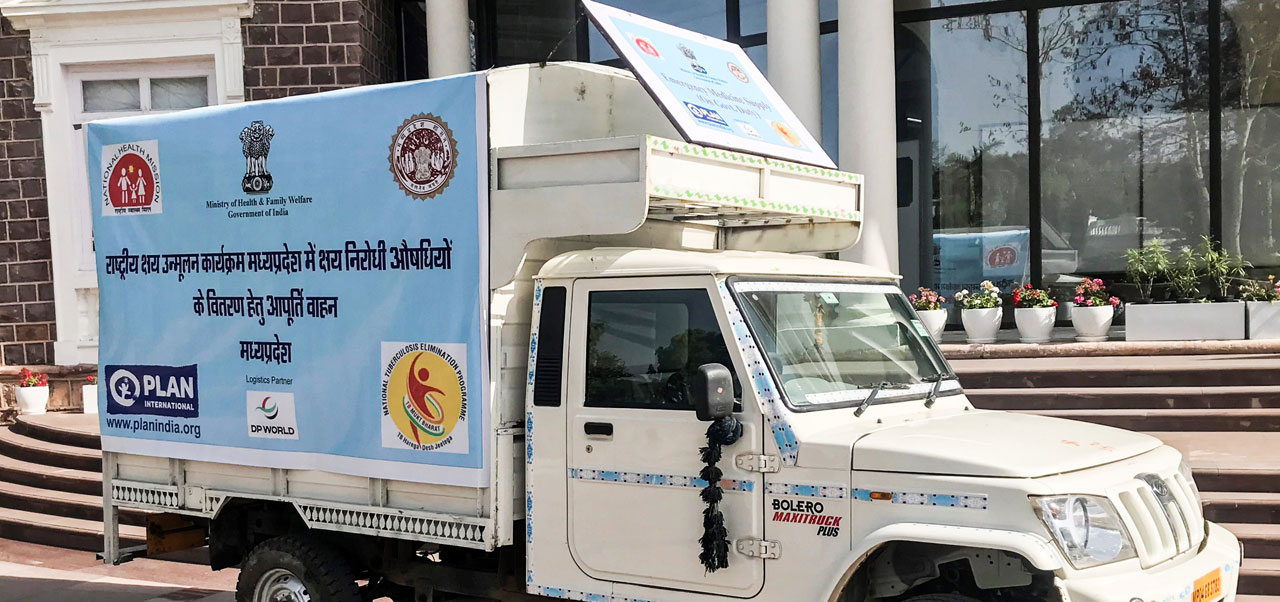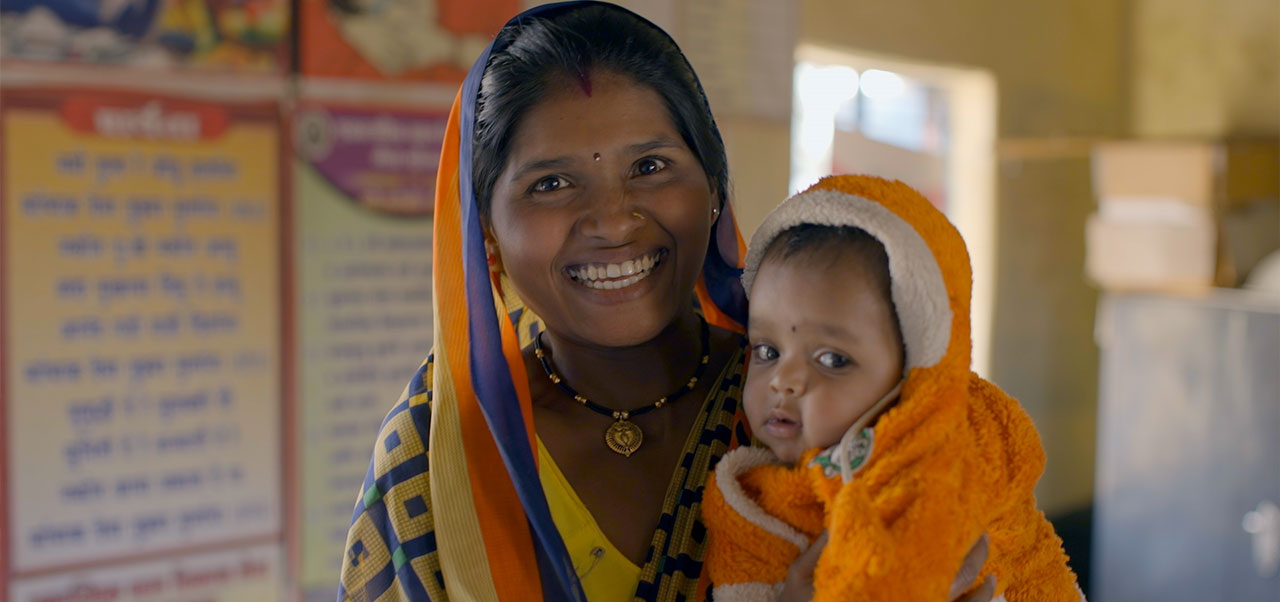Sambhav

Jharkhand, home to 0.73 crore of India’s 24 crore adolescents aged between 10 and 19, has the third highest rate of child marriages in the country. 38% girls get married before the legal age of 18 years. In 2015, Plan India started ‘Sambhav’, an adolescent empowerment programme with support from UNICEF for reduction in child marriage and teenage pregnancy and increase in secondary education in six blocks of East Singhbhum district by 2019. With equal participation of adolescent girls and boys as their allies in 942 villages, the scale and the gender-transformative impact of Sambhav is unprecedented. Sambhav worked with 47,000 adolescents between 14–18 years by establishing a girls’ and boys’ adolescent group in each village. A youth who showed keen interest and leadership skills in each group was then groomed as a peer educator (PE) and trained in 10 life-skills modules such as decision making, problem solving, financial literacy and child rights. The PEs cascaded these trainings down to their youth groups. Sambhav also worked to fill gaps in forming and strengthening Child Protection Committees (CPCs). Vibrant village and block level CPCs worked in tandem to identify and address child protection issues in their regular meetings. Parents were oriented and mobilised on child rights issues. Intergenerational dialogues were established to spark conversations at panchayat and block-level meetings that were pivotal in giving children the opportunity and support needed to voice their concerns. Anganwadi Workers (AWWs) and Sahiyas were trained on CPC as well as other issues faced by adolescents. Their routine meetings were attended by Sambhav team members to drive AWWs to take on the health and nutritional issues of the adolescents. Sambhav and its youth champions prevented 40 child marriages in 6 months. Coming together of stakeholders has led to self-sustained youth empowerment supported by the larger community. Sambhav is now being merged with Tejaswini, a programme run by the Government of Jharkhand and the World Bank for socioeconomic empowerment of adolescent girls and young women. Tejaswini will be based on Sambhav’s learnings and will provide sustainability and continuity for the young community leaders shaped by Sambhav.
Highlights
- 22,643 adolescents (14,420 girls) reached through 1,614 adolescent groups and 1,878 peer educators trained
- 942 village-level CPCs with 8,241 members, 6 block-level CPCs and 42 parents’ groups established
- 3,562 FLWs, teachers and village-level CPC members trained to support vulnerable children and adolescents








